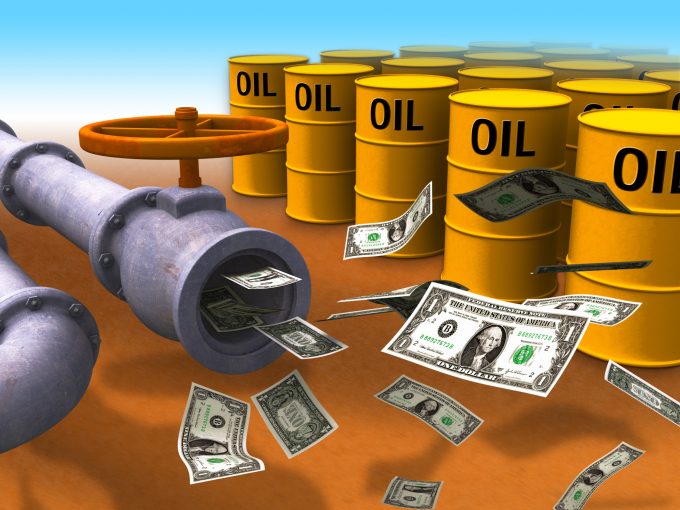Out-of-fashion LNG now the favourite fuel for new containerships
LNG appeared briefly to go out of fashion last year after being slammed as a ...
AAPL: SHIFTING PRODUCTIONUPS: GIVING UP KNIN: INDIA FOCUSXOM: ANOTHER WARNING VW: GROWING STRESSBA: OVERSUBSCRIBED AND UPSIZEDF: PRESSED ON INVENTORY TRENDSF: INVENTORY ON THE RADARF: CEO ON RECORD BA: CAPITAL RAISING EXERCISEXPO: SAIA BOOSTDSV: UPGRADEBA: ANOTHER JUMBO FUNDRAISINGXPO: SAIA READ-ACROSSHLAG: BOUYANT BUSINESS
AAPL: SHIFTING PRODUCTIONUPS: GIVING UP KNIN: INDIA FOCUSXOM: ANOTHER WARNING VW: GROWING STRESSBA: OVERSUBSCRIBED AND UPSIZEDF: PRESSED ON INVENTORY TRENDSF: INVENTORY ON THE RADARF: CEO ON RECORD BA: CAPITAL RAISING EXERCISEXPO: SAIA BOOSTDSV: UPGRADEBA: ANOTHER JUMBO FUNDRAISINGXPO: SAIA READ-ACROSSHLAG: BOUYANT BUSINESS

There is no denying that low oil prices have made a significant mark on the freight sector. It has saved some carriers, boosted others with older, less-efficient ships and planes, lowered the barriers to market entry and disguised finances during the time lag between cost to carrier and cost to customer. Surprisingly perhaps, it has been something of a mixed bag. But as prices begin to climb, Goldman Sachs warns that if OPEC fails to reach a deal in Vienna this month to restrict supply, and bring in more rogue countries, prices could sink back to the low $40s.
Comment on this article